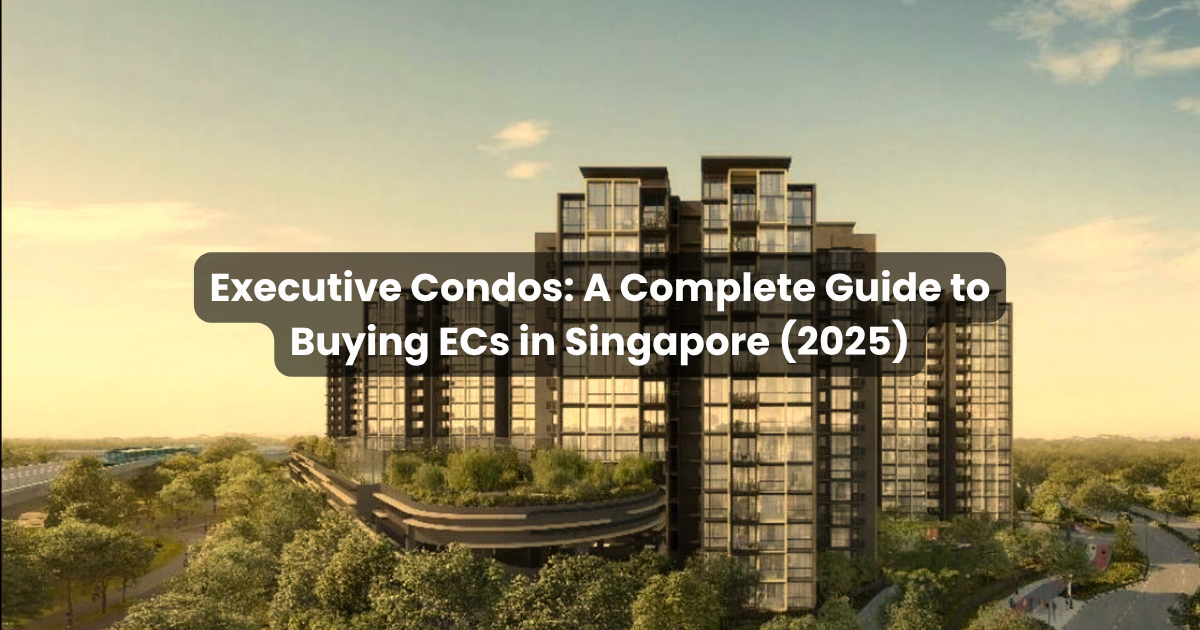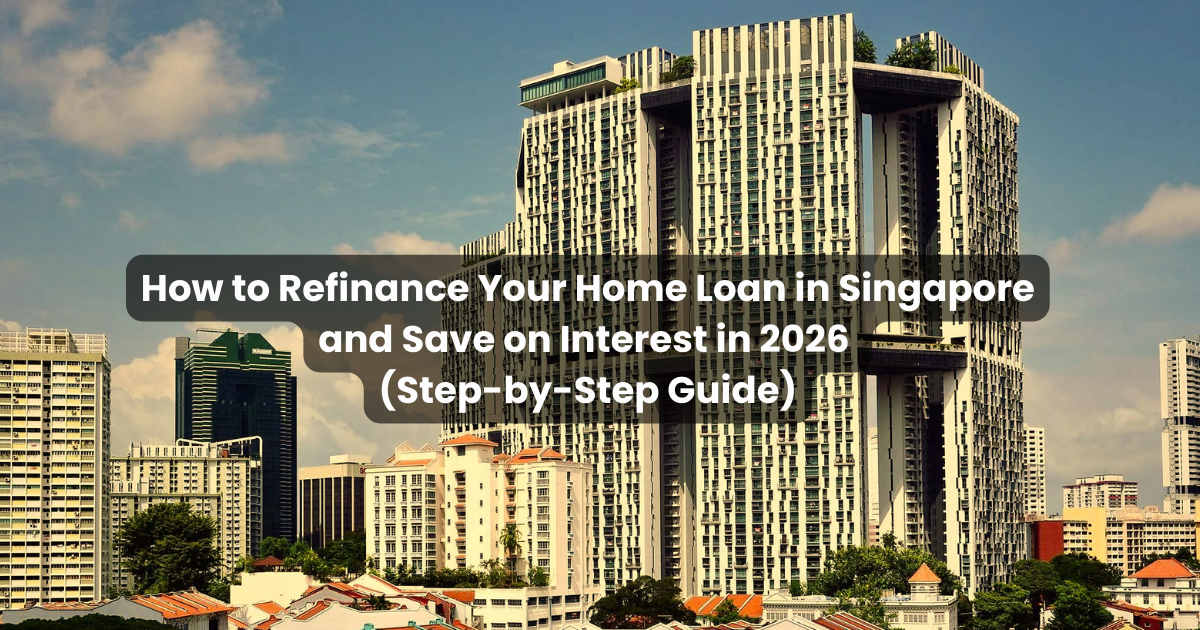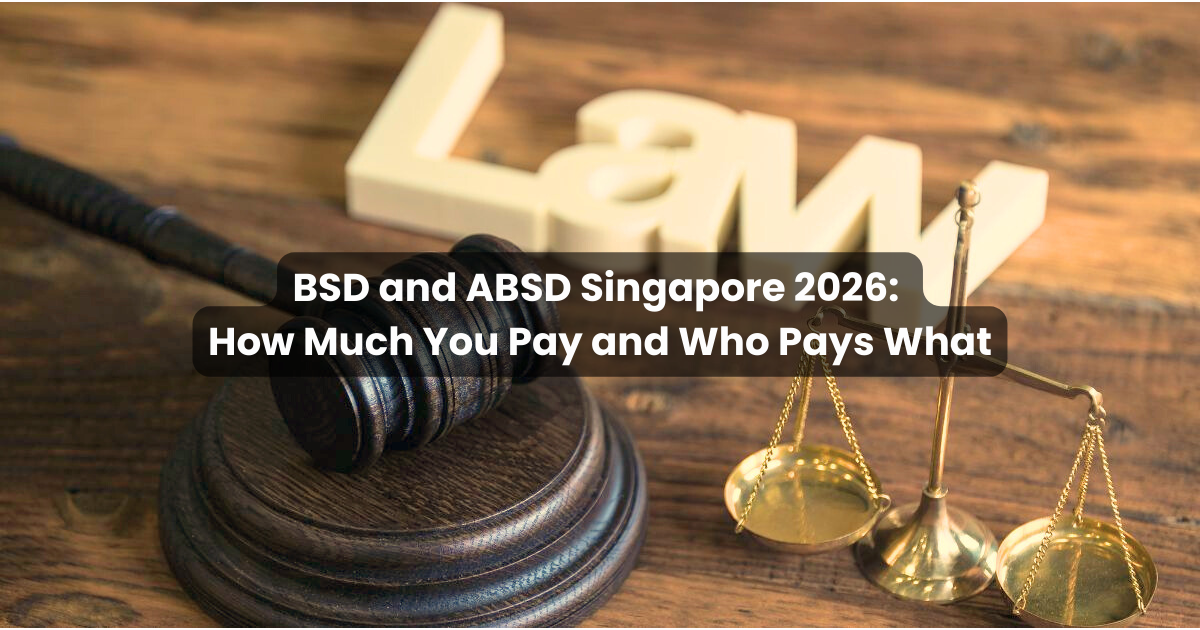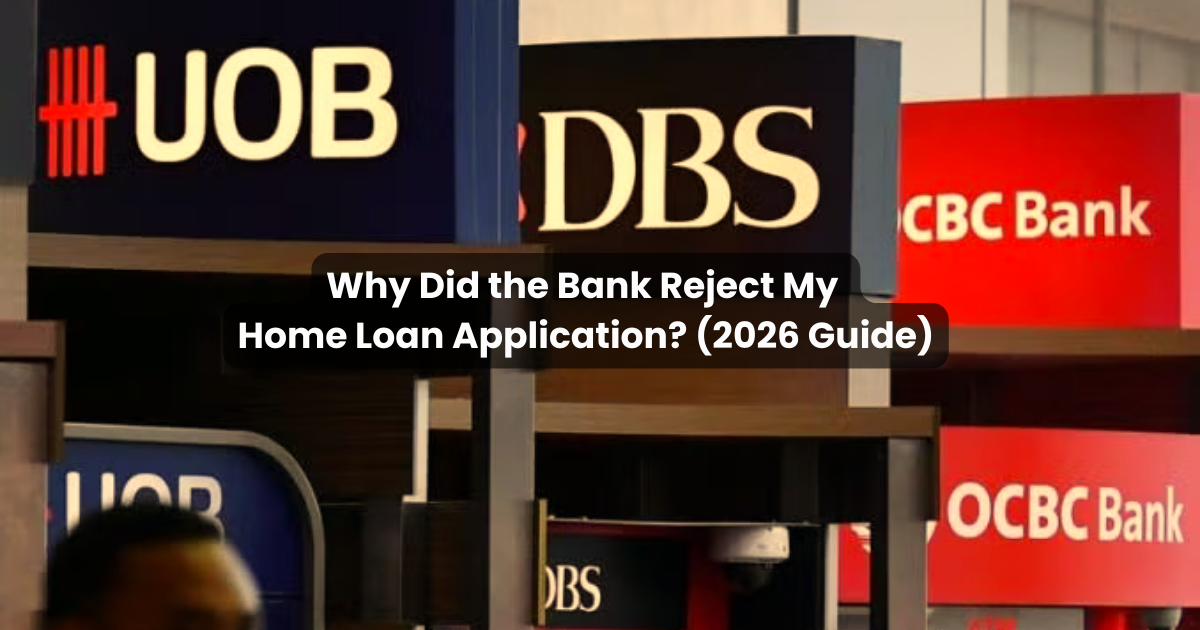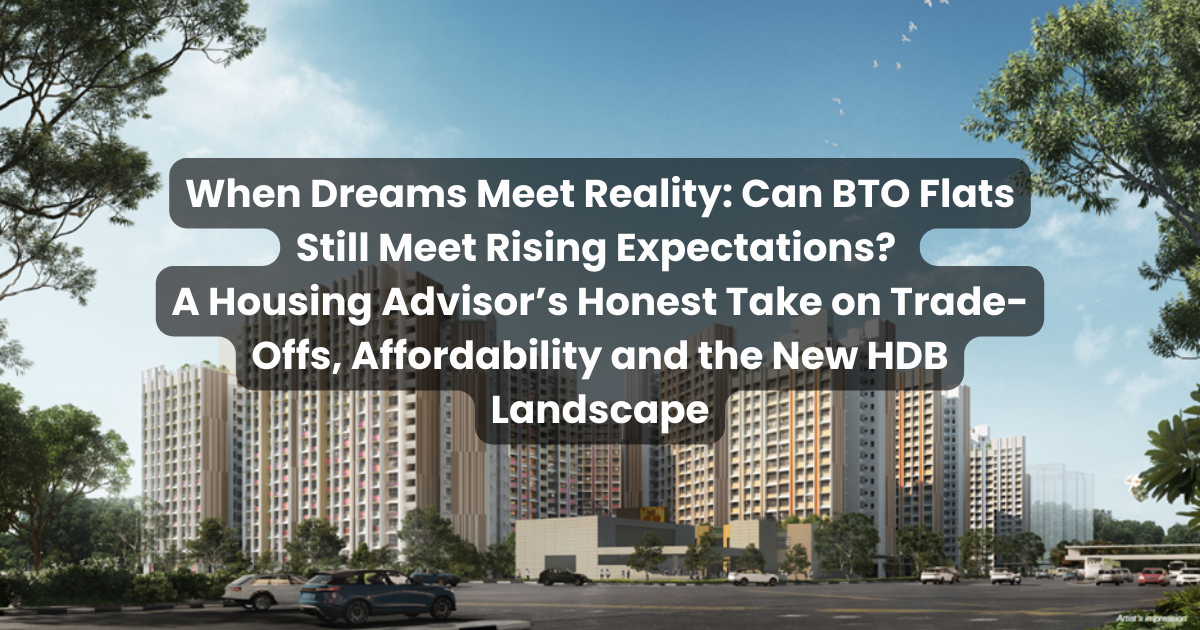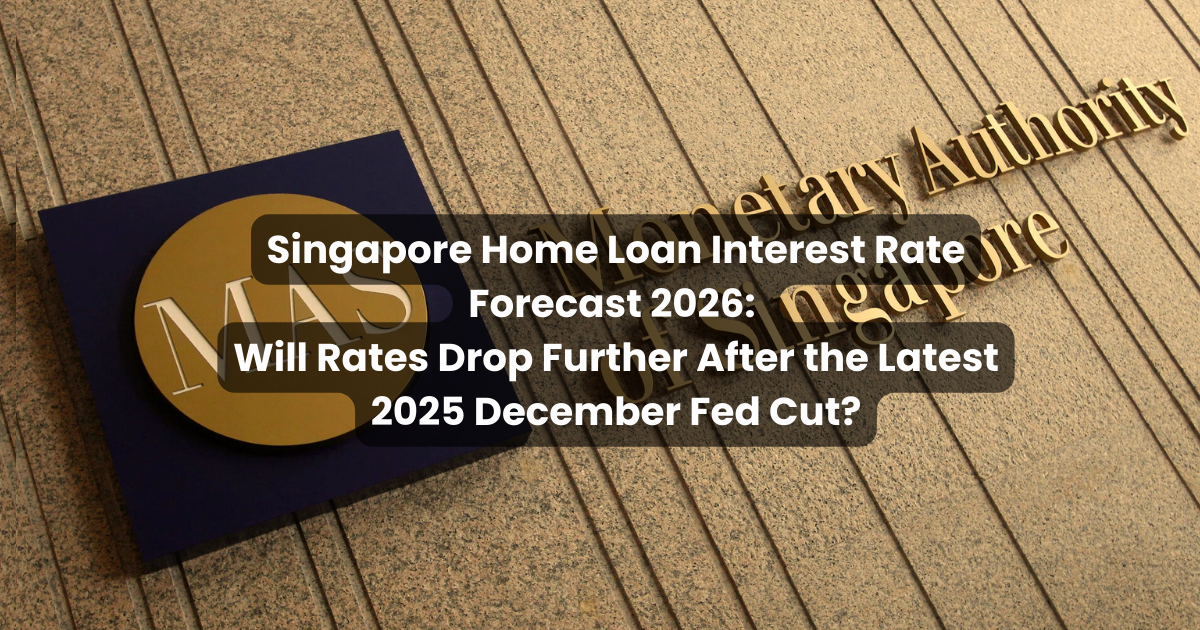- Insights & Updates
Latest News
By Chief Analyst
October 20, 2025Executive Condominiums (ECs) have long been a unique feature of Singapore’s housing landscape. As a hybrid between public and private housing, they continue to attract strong interest among middle-income families seeking an affordable yet aspirational lifestyle.
In 2025, with property prices at historic highs and government cooling measures tightening private housing access, ECs have become an increasingly strategic entry point into home ownership. This essay explores what ECs are, who can buy them, how the purchase process works, their costs, benefits, and key considerations for prospective buyers.
What Are Executive Condominiums?
Executive Condominiums (ECs) were introduced by the Singapore Government in 1996 to bridge the housing gap between subsidised HDB flats and private condominiums. They are developed and sold by private developers but launched under HDB regulations for the first decade.
During the first 10 years, ECs are bound by HDB-style rules such as income ceilings, Minimum Occupation Period (MOP), and resale restrictions. After the tenth year, they become fully privatised and may be sold to foreigners, just like private condominiums.
In essence, ECs provide:
- Private-style facilities (pool, gym, function rooms) at a lower entry cost.
- Public housing rules during the initial phase.
- Privatisation benefits after 10 years, creating strong resale potential.
This model was designed to help the “sandwiched class”, Singaporeans who earn too much for HDB eligibility but cannot yet afford a private condo.
Eligibility and Key Conditions (2025)
As of 2025, the eligibility criteria for ECs remain strict. Applicants must meet citizenship, income, and ownership conditions before purchase.
Eligibility Overview
- Citizenship: At least one Singapore Citizen; other buyers must be Citizens or PRs.
- Family nucleus: Must apply under one of HDB’s schemes (Public, Fiancé/Fiancée, Orphans, or Joint Singles Scheme for those ≥35 years old).
- Income ceiling: Combined monthly income cannot exceed S$16,000.
- Property ownership: Applicants must not own private property locally or overseas and must have disposed of any such property at least 30 months before applying.
Minimum Occupation (MOP) and Privatisation
- Collective MOP: EC owners must occupy the property for 5 years before selling. Collective 5years MOP meaning everyone has the same TOP and MOP date for the whole development.
- Year 6–10: Can sell only to Singapore Citizens or PRs.
- After 10 years: Fully privatised and can be sold to foreigners or corporate entities.
Financing Rules
- EC buyers must take a bank loan; HDB loans are not allowed. (Check out latest Bank loan rates here)
- Loan-to-Value (LTV) ratio capped at 75%, meaning a 25% down payment is required.
- Both MSR (30%) and TDSR (55%) limits apply, which may restrict maximum loan size.
Advantages of Buying an EC
For many Singaporeans, ECs offer a rare mix of value, comfort, and investment potential.
Key Benefits:
- Affordability: ECs are typically 25–30% cheaper than comparable private condos in the same area.
- Lifestyle and amenities: Full condominium facilities with private developers’ design and quality.
- Capital appreciation: Upon privatisation, ECs often see significant resale gains due to an expanded buyer pool (foreigners and investors).
- Bridging opportunity: Allows middle-income families to upgrade their living standards without the steep entry cost of private property.
- Grants available: First-time EC buyers can receive CPF Housing Grants up to S$30,000.
Example: In 2025, a typical EC in the Outside Central Region (OCR) averages around S$1,700 psf, compared to S$2,200–2,400 psf for new private condominiums nearby.
Disadvantages and Risks
Despite their appeal, ECs come with limitations that may not suit every buyer.
Key Drawbacks:
- Eligibility restrictions: Many households exceed the income ceiling or fail the ownership conditions.
- Financing constraints: Requires larger cash/CPF outlay and higher bank loan commitments.
- Location trade-offs: ECs are often located in non-central areas such as Tengah, Punggol, or Tampines North.
- Long holding period: Must stay at least five years before sale; full flexibility only after 10 years.
- Market volatility: EC prices have risen steadily; the price gap with private condos is narrowing, reducing upside potential.
In short, ECs are best suited for buyers with a medium-to-long-term horizon rather than those seeking short-term capital gains.
The Buying Process (Step-by-Step)
Purchasing an EC involves both public and private elements. The general process in 2025 is as follows:
- Confirm eligibility through HDB’s EC eligibility checklist.
- Obtain In-Principle Approval (IPA) from a bank to determine loan amount and affordability.
- Select preferred development: Either a new launch (with restrictions) or a resale EC (more flexible but higher price).
- Submit application during the developer’s launch period.
- Book a unit and sign the Option to Purchase (OTP) by paying a 5% booking fee.
- Sign Sale & Purchase Agreement within 3 weeks; pay remaining down payment (20%) and stamp duties.
- Complete legal formalities and wait for Temporary Occupation Permit (TOP).
- Fulfil the 5-year MOP before considering resale or rental to non-Singaporeans.
Cost Breakdown and Affordability
ECs are designed to be affordable, but buyers should plan carefully for all costs.
Estimated Financial Commitments (2025):
- Purchase price: S$1.2–1.6 million (3-bedroom unit, 1,000 sq ft typical OCR project).
- Down payment: 25% (minimum 5% cash, 20% CPF or cash).
- Monthly loan repayment: Depends on loan size and rate (~2% to 2.5% bank loan rates).
- Other costs:
- Buyer’s Stamp Duty (BSD) and, if applicable, Additional Buyer’s Stamp Duty (ABSD).
- Legal and valuation fees.
- Renovation and maintenance costs (condo facilities).
- Ongoing property tax and insurance.
- Buyer’s Stamp Duty (BSD) and, if applicable, Additional Buyer’s Stamp Duty (ABSD).
Buyers should also keep emergency funds equivalent to 6–12 months of loan repayments to buffer against interest-rate fluctuations.
Strategic Tips for Buying an EC
When evaluating ECs in 2025, smart buyers consider both personal and financial factors.
Key Considerations:
- Location: Accessibility to MRT, schools, and amenities significantly affects long-term value.
- Developer reputation: Choose developers with strong track records in quality and after-sales service.
- Future exit strategy: Consider how easily the unit can be resold post-MOP and post-privatisation.
- Layout and facing: Units with good ventilation, efficient floor plans, and unblocked views tend to appreciate better.
- Market timing: Track interest rates, government land sales, and cooling measures to assess entry timing.
- Financial discipline: Avoid maxing out loan limits, aim for monthly instalments under 25–30% of combined income.
Are ECs Still Worth Buying in 2025?
Given the persistent rise in private home prices, ECs remain one of the most compelling housing options for eligible Singaporeans in 2025. Demand has stayed strong, with most projects selling out within months of launch. For buyers who plan to stay long-term and value both affordability and lifestyle, ECs offer a rare “best of both worlds” solution.
However, the decision should be guided by realistic financial planning and personal timelines. Buyers focused purely on short-term returns or flexibility may find private condos or resale HDB flats more suitable.
Ultimately, the EC scheme continues to achieve its policy objective: helping Singapore’s middle-class households own quality homes with strong asset value — while maintaining fairness and stability in the housing market.
Buyer’s Quick Checklist
- Meet eligibility (citizenship, income, property ownership).
- Obtain bank loan approval and calculate affordability.
- Budget for all costs (down payment, BSD/ABSD, renovation, maintenance).
- Review project location, amenities, and developer track record.
- Understand resale restrictions and time horizon (5–10 years).
- Plan for future financing resilience amid rising interest rates.
Conclusion
Buying an Executive Condominium in Singapore in 2025 remains one of the most strategic paths to home ownership for middle-income Singaporeans. ECs combine lifestyle benefits, long-term appreciation potential, and policy support in one hybrid product.
Yet, buyers must approach the purchase with due diligence, understanding eligibility, affordability, and timing. For those who qualify and can commit to the holding period, an EC is not merely a property purchase but a sound investment in Singapore’s evolving housing landscape.
Explore related content by topic
When Dreams Meet Reality: Can BTO Flats Still Meet Rising Expectations? A Housing Advisor’s Honest Take on Trade-Offs, Affordability and the New HDB Landscape
As young Singaporeans push for affordable, central, and amenity-rich BTO homes, expectations collide with market realities. A housing advisor breaks down the evolving Standard–Plus–Prime system, rising competition, affordability concerns, and the strategic decisions every homebuyer must make.
Singapore Home Loan Interest Rate Forecast 2026: Will Rates Drop Further After the Latest 2025 December Fed Cut?
The final interest rate cut from the US Federal Reserve in December 2025 has sparked a familiar question among Singapore homeowners: Will SORA continue to fall in 2026, and should borrowers switch to fixed, floating, or hybrid home loans now?

